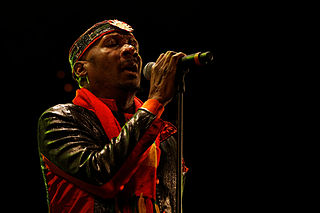A Quote by Jeongyeon
I like 'Firework' because it is very different from our past songs and was inspired by the Latin genre.
Related Quotes
I got an email from my dad after the Super Bowl, and he was like, "Will you send me all of the Beyoncé Knowles songs that you have on your computer?" I'm like, "You never listen to Beyoncé. I'm so excited right now." It's good to embrace new things. I like when I can show people that it's not all one genre, and everything is very much inspired by everything else.
I think there are a lot of artists that are very traditional. I think someone can be a fan of someone like Josh Turner and then turn around and be a big fan of someone like Taylor Swift because, at the end of the day, it's all about those songs. I feel like country music has the best songwriting and the best songs of any genre.
Anything would be better in the US than what you have. As a government it's really very low quality, given the fact that this country produces eminent intellectuals, has great universities, and then the people who arrive in government are very mediocre. The Latin American situation has been very different in the first place, because writers have spoken for those who have no voice. The rate of illiteracy, poverty, joblessness in Latin America has been so great throughout our history that if the writers didn't speak out for the people, nobody would.
I'm inspired to write songs in many different ways - it can come from a melody, a word or phrase or something I have seen on my travels around the world. It's one of the great bonuses of my job in that I get to meet so many people and experience different cultures and it would be hard not to be inspired.
Edward Said talks about Orientalism in very negative terms because it reflects the prejudices of the west towards the exotic east. But I was also having fun thinking of Orientalism as a genre like Cowboys and Indians is a genre – they’re not an accurate representation of the American west, they’re like a fairy tale genre.
I feel like people have stereotypes and notions about Latin America that aren't necessarily accurate or aren't particularly positive. For me, Latin America is a place that I personally really love and enjoy visiting and going to, and I wanted to be able to show it in a light that was very different to an Asian, Korean viewer.
It's different every time you write. Sometimes it might be harder than it was the day before. I don't like forcing it, but sometimes, if you force it a little bit, it helps you to push forward, and you get inspired in a way. I've written songs in an hour. And there are songs that have taken me six months.
You can make the argument that there's no such thing as the past. Nobody lived in the past. They lived in the present. It is their present, not our present, and they don't know how it's going to come out. They weren't just like we are because they lived in that very different time. You can't understand them if you don't understand how they perceived reality.




































